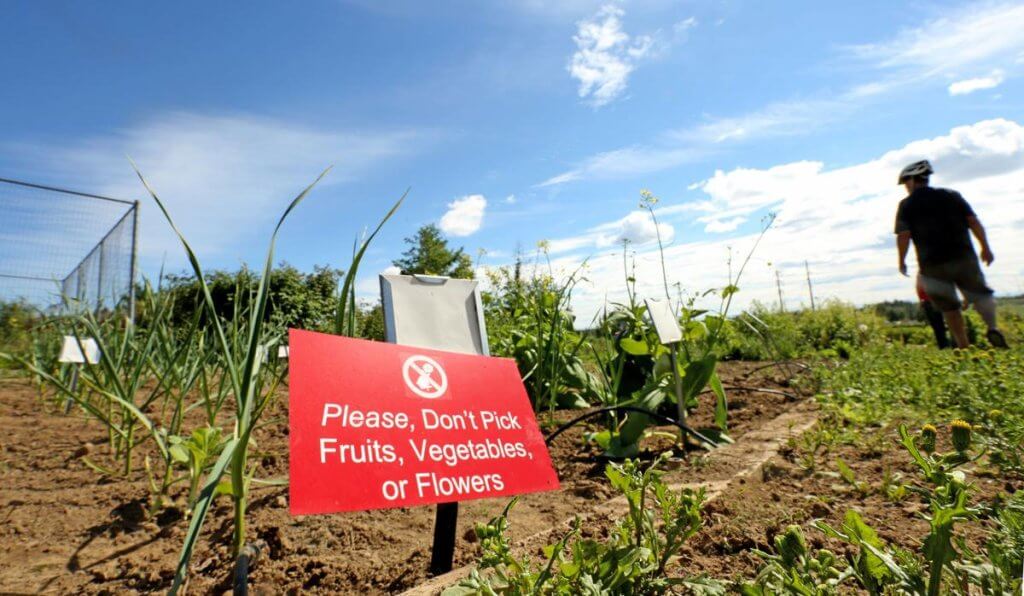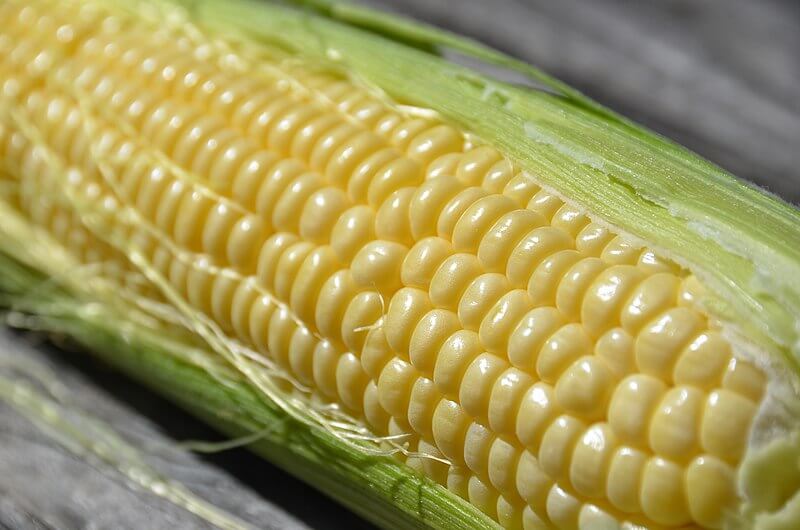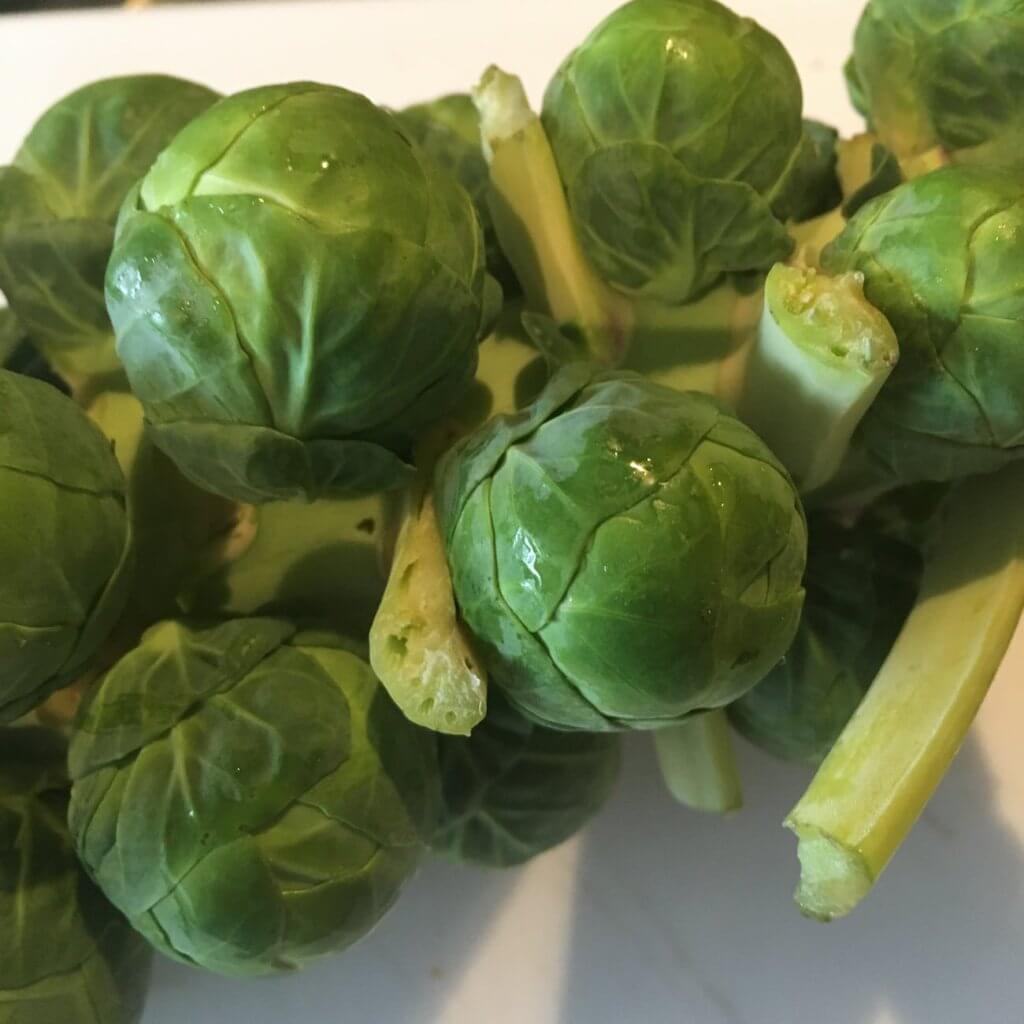 One of the things we enjoy about Fairbanks is the robust Community Extension Service, operated through the University of Alaska Fairbanks.
One of the things we enjoy about Fairbanks is the robust Community Extension Service, operated through the University of Alaska Fairbanks.
Every year, UAF performs growing trials of various vegetable varieties and publishes the results. This is very helpful information to us circumpolar gardeners as it helps us select varieties we might want to grow. The results of the 2019 garden trials were published earlier this month.
The document is well worth reading, but this is our take on the highlights of the research.
The Garden Trial Process:
In this testing they perform two types of trials, replicated and unreplicated.
The replicated trial is typically comprised of about five different types of vegetables. Most were previously unreplicated trial varieties that performed reasonably well. They grow multiple plots of each seed type to compare consistency in both yield and appearance. This allows them to compare consistency across variable environments and also average the production across these different environments.
For unreplicated trials, these are typically one or more difficult to grow vegetables. This testing allows the researchers to find varieties that might do well in the sub-arctic. They grow a small plot of various varieties of each vegetable to see how they perform. Successful varieties may eventually see further testing in a replicated trial. Unsuccessful varieties of vegetables are typically not repeated in future replicated trials.
Growing Corn In the Sub-Arctic:
 Last year’s replicated trial involved five vegetables – beets, beans, corn and celery. Of these, the most interesting to us were the corn trials, which did surprisingly well. We haven’t yet grown corn up here because we have heard it can be exceptionally difficult. We’ve seen far more failures than successes, too.
Last year’s replicated trial involved five vegetables – beets, beans, corn and celery. Of these, the most interesting to us were the corn trials, which did surprisingly well. We haven’t yet grown corn up here because we have heard it can be exceptionally difficult. We’ve seen far more failures than successes, too.
UAF prefaces the research that they consider corn as a marginal crop for Alaska. Despite that, they also know that a lot of us are interested in growing it. They also qualify that the growing year in 2019 was exceptionally warm when compared to previous years. Also, it was specifically identified that they grew the corn with IRT (infrared transmitting) plastic as mulch, allowing warming of the surrounding soil.
They were able to produce corn in fairly decent quantity under these circumstances. Their top three varieties turned out to be Legend, Cafe and Espresso varieties. All of these produced in the neighborhood of 1.5 pounds of corn per row foot, or roughly 1.5 corn plants. That really isn’t a lot of corn if you compare it to lower 48 grown corn, but it’s impressive for sub-arctic corn!
We don’t think that we’ll grow corn this year at Frosty Garden, but it’s potentially on the table for 2021. For a trial, we would probably opt for the Legend variety as it performed the overall best in the UAF trials. We will probably strongly consider growing them in our GroBuckets, as this growing method was great for warmer climate and large plants. We may also dedicate some of our raised garden space for a side by side trial.
Growing Sub-Arctic Brussels Sprouts:
 We always enjoy the unreplicated trials as they are usually something interesting. This year, the unreplicated trial was on Brussels Sprouts. The UAF researchers consider this a marginal crop for Alaska, so it’s definitely of interest to find the best performing varieties. Brussels sprouts have a wide range of maturity dates, ranging from 80 to almost 140 days. With only 100-110 growing days, some varieties simply can’t be grown in the sub-arctic.
We always enjoy the unreplicated trials as they are usually something interesting. This year, the unreplicated trial was on Brussels Sprouts. The UAF researchers consider this a marginal crop for Alaska, so it’s definitely of interest to find the best performing varieties. Brussels sprouts have a wide range of maturity dates, ranging from 80 to almost 140 days. With only 100-110 growing days, some varieties simply can’t be grown in the sub-arctic.
We have surprisingly decent luck with Brussels Sprouts every year. They are known for doing well in cold climates, but our short growing season can make some varieties tough to grow. We also have to apply timely plant topping to force the growth of the sprouts a month before first frost. Our favorite sprout has been the Franklin F1 variety, coming in at around 80 days for full maturity. In reality, our sprouts are usually one of the last things we harvest, sometimes even after first frost, requiring 100+ days to full maturity.
In the UAF trials, they tested a number of varieties. The top three yielding varieties were Dagan, Hestia and Jade Cross, all coming in around 0.6 to 0.8 pounds per row foot. These outperformed the Franklin variety that we grow, which came in about 0.4 to 0.5 pounds per row foot. They noted that the Hestia variety had excessive foliage and looser sprouts. Of the top varieties, Jade Cross took the top spot for both yield and taste.
We need to use up our Franklin F1 seed this year, but this makes the Jade Cross variety very interesting for our next Brussels Sprout seed purchase. It doesn’t look like any of our favorite seed houses carry this strain, but Hoss Tools is a popular seed bank that does carry it.
Frosty Garden’s Most Exciting 2020 Trial:
As with every year, we are trying many new things. We are very excited this year to be trialing Minnesota Midget melons.
Melons, as a whole, are historically a fruit that doesn’t do well in the sub-arctic. They have never survived UAF’s unreplicated trials for further research. While some do grow melons in greenhouses, there is very little information on growing them successfully outdoors. We also know that UAF hasn’t tested the Minnesota Midgets in the unreplicated trials. This particular variety is known as a fairly successful small melon that tolerates cool temperatures more than most varieties.
We have some exciting news that we’ll soon share about our 2020 garden. For the melons, though, these will be grown outdoors in our GroBuckets this year. Our current plan calls for two melon plants and this trial will determine whether we expand melon production in the future.

